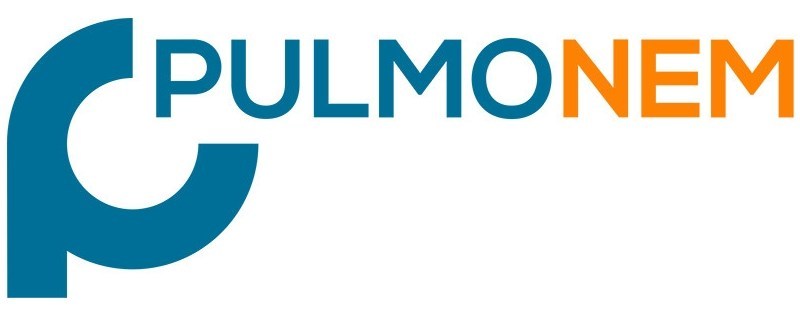On Sept. 2, Pulmonem Inc., a Canadian biotechnology start-up, received Health Canada’s approval to begin Phase 3 clinical trials to test an oral medication to treat COVID-19. The treatment does not eliminate the need for a vaccine, but can potentially reduce the number of COVID-19 patients requiring hospitalization by diminishing the severity of their immune responses to the virus.
To raise funds and find assistance to conduct trials, the start-up has partnered with the Research Institute of the McGill University Health Centre (RI-MUHC). Pulmonem Inc. announced that, if the trial is successful, the medication can be ready for distribution by the end of 2020.
Pulmonem Inc. was founded in March 2020 in response to the COVID-19 pandemic. Pulmonem is only the second Canadian drug trial to receive approval from Health Canada to begin Phase 3 trials, which involves testing the drug against the current standard of care in a limited number of patients. Dr. Houfar Sekhavat, founder and CEO of Pulmonem Inc., sees the approval as progress for those most vulnerable to the virus.
The new oral medication was developed by repurposing Dapsone, an existing anti-inflammatory drug used to treat malaria, lupus, and long-term infection in HIV patients. The Phase 3 trial, sponsored by the RI-MUHC, will test the medication on 2,000 patients located across Canada and the United States. The randomized trial process was designed by Dr. Jean Bourbeau, professor and a member of the Transnational Research in Respiratory Diseases Program at McGill University.
For patients, the reformulation of the pre-existing drug Dapsone could mean reduced costs and greater accessibility to treatment. Pulmonem Inc.’s contract with one of the biggest Dapsone producers means that the entire course of treatment with the drug would cost patients $52. When clinical trials begin, the safety risks of prescribing Pulmonem will also potentially be minimal, as it is a reformulation of a well-known drug.
“When you start with a new medicine, […] it takes millions of patients to find out about the adverse effects,” Bourbeau said in an interview with The McGill Tribune. “But when we already know the safety profile, we know which patients are safe to use the medication.”
While Pulmonem has approval to begin Phase 3 testing, organizing a clinical trial amidst a pandemic remains challenging. Conducting the study remotely to minimize contact with patients requires advanced technology, peer reviewers, and additional funding.
“It’s important that the ideas are not always coming from big pharmaceutical companies, […] especially when we […] have [start-up] projects […] led by experts such as Dr. Bourbeau,” Sekhavat said.
The opportunity for pharmaceutical companies to invest in COVID-19 treatments and vaccine research for profit has raised concerns regarding the quality of their findings and discoveries. Bourbeau, however, sees the partnership with academic institutions as one way of ensuring that the research conducted retains its rigorous standards.
“The quality of research has been a problem before in emergency situations,” Bourbeau said. “But I think [that] the academic centre being separate from the industry can bring this quality to ensure that people do not compromise the safety and the efficacy of new treatments.”
For students like McGill Medical Direction member Lintao Hu, U3 Science, the RI-MUHC’s commitment to high quality COVID-19 research is both encouraging and necessary.
“It’s important to know that McGill is taking steps to support the development of treatments, especially because there’s a lot of misinformation in the community around the coronavirus,” Hu said.
Although additional funding is still needed before trials can begin, Sakhavat explained that McGill’s support for the Pulmonem Inc. start-up will have significant implications for McGill and Canadian healthcare research as a whole, regardless of the trial’s outcomes.
“RI-MUHC and Dr. Bourbeau were visionary to support a small Canadian startup,” Sakhavat said. “Being associated with one of the most prestigious universities in the world is a big starter for our company, but it also puts RI-MUHC as top leaders in the industry.”








